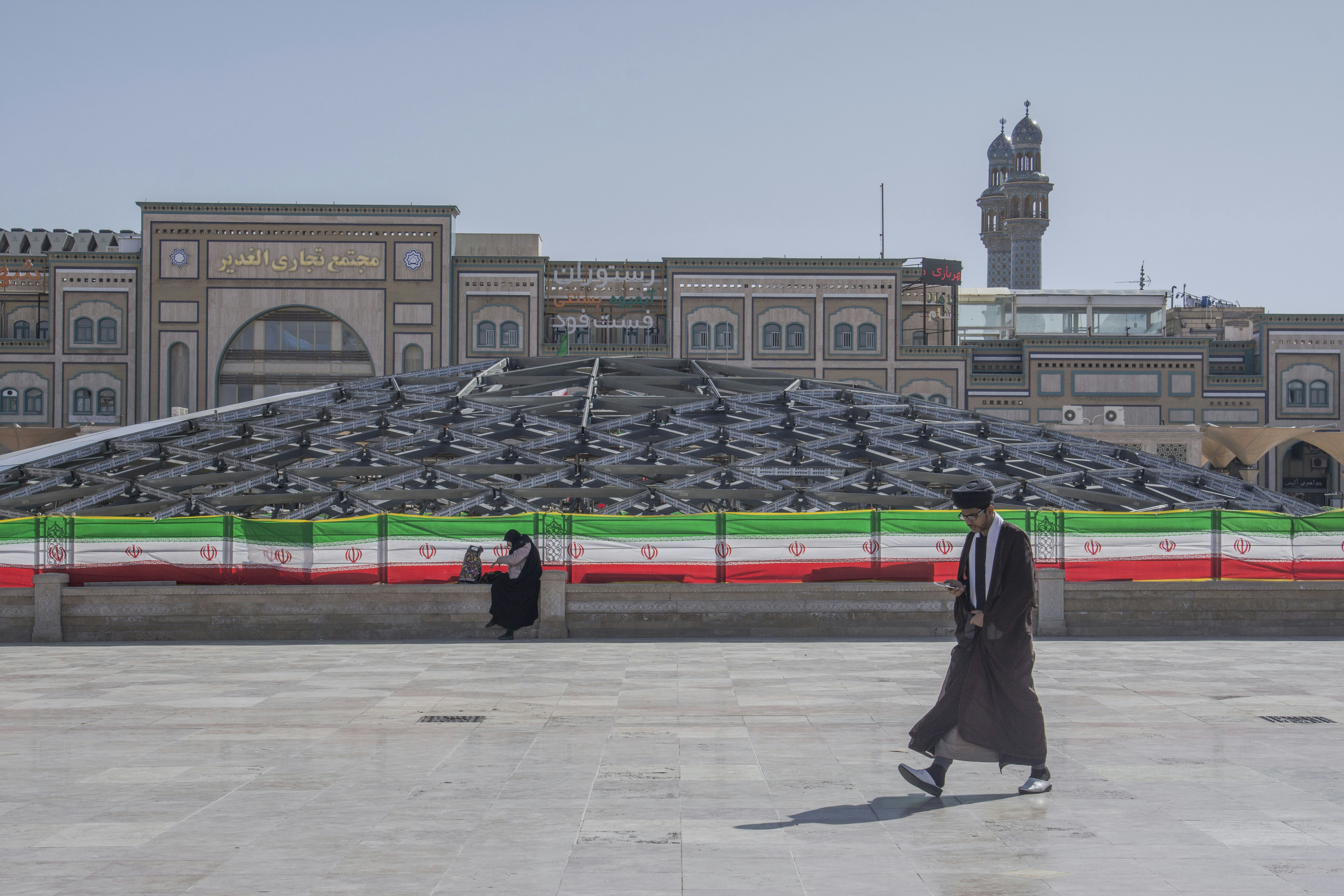Overview of the Shanghai Cooperation Organisation (SCO)
The Shanghai Cooperation Organisation (SCO) is an intergovernmental organization founded in 2001 in Shanghai, China, primarily to foster regional security, economic cooperation, and cultural exchanges among its member states. Originally established by six countries—China, Russia, Kazakhstan, Kyrgyzstan, Tajikistan, and Uzbekistan—the SCO has expanded to include eight member states as of now, with India and Pakistan joining as full members in 2017. The organization’s primary aim is to promote stability, security, and development in Central Asia, a region characterized by diverse ethnicities and complex geopolitical challenges.
The SCO serves multiple purposes, including counter-terrorism efforts, drug trafficking prevention, and defense cooperation among member states. This emphasis on security forms a central pillar of the organization’s strategic framework, reflecting its commitment to combat common threats and foster sustainable growth through mutual support and collaboration. Economically, the SCO functions as a platform for enhancing trade relations and facilitating investments among its members, thereby bolstering regional cooperation within Central Asia. The organization’s activities extend to various sectors, including technology, energy, and transportation.
Recently, the SCO issued a statement that garnered significant attention from India, posing implications for regional dynamics. This statement, perceived to favor Pakistan, has drawn criticism from New Delhi, which questions the fairness and objectivity of the SCO’s stance regarding bilateral issues between India and Pakistan. The implications of this situation are profound, as they could influence the collaborative efforts within the SCO and reshape the geopolitical landscape of Central Asia. As this scenario unfolds, the SCO’s ability to mediate and facilitate dialogue among its member states will be essential in addressing the complexities involved.
India’s Response and Reasons for Rejection
India’s formal response to the recent statement issued by the Shanghai Cooperation Organization (SCO) reflects deep-seated concerns regarding perceived bias towards Pakistan. The Indian government categorically rejected the SCO’s assertions, emphasizing that the statement failed to accurately portray the complexities of regional relations and the ongoing challenges concerning security and terrorism. This decision was rooted in India’s long-standing criticism of how international platforms sometimes overlook pertinent historical contexts and the realities faced by India in its relationship with Pakistan.
One of the core issues raised by India pertains to the ongoing threat of terrorism, which it argues is largely sponsored by Pakistan. India’s position is supported by a substantial body of evidence that points to cross-border terrorism as a significant impediment to peace and stability in the region. The government has consistently asserted that any dialogue or initiative in set forums like the SCO should unequivocally address the issues of terrorism and endorse a stance that holds states accountable for harboring terrorist organizations. India’s rejection of the SCO’s statement thus underscores its insistence that the discourse surrounding regional security must not only acknowledge terrorism but also fundamentally align with the broader goals of peace and stability.
In a historical context, the fraught relationship between India and Pakistan has its origins in longstanding territorial disputes and allegations of state-sponsored militant activities. This backdrop plays a crucial role in how India perceives external interventions in its regional matters, particularly those that seem to favor its neighbor. Through this rejection, India aims to assert its position not just as a regional power but as a country committed to combating terrorism and fostering a secure environment for all its citizens. By clearly articulating its stance, India hopes to redirect the conversation towards more constructive and constructive frameworks within international platforms.
Regional Impact of the SCO’s Statement
The recent rejection of the Shanghai Cooperation Organization (SCO) statement favoring Pakistan by India has significant implications for regional politics within South Asia and Central Asia. This evolving situation highlights the complexities of international relations, where power dynamics and national interests often collide. India’s firm stance demonstrates its unwillingness to accept narratives that may undermine its security and diplomatic standing, particularly concerning its ongoing tensions with Pakistan.
India’s decision may influence its relationships with other SCO member states, as it seeks to reinforce its security priorities while promoting regional stability. The member nations, which include China, Russia, and several Central Asian countries, may need to assess their alignment in light of India’s response. While some countries may sympathize with India’s concerns, others may prioritize their partnership with Pakistan, leading to potential shifts in alliances within the organization.
The implications of this disagreement extend to security dynamics in the region. A more assertive India could lead to increased military readiness and intelligence-sharing within the SCO framework, consequently altering the balance of power. On the other hand, Pakistan’s position may be strengthened through support from its allies within the group, which may embolden its stance in addressing issues presented by India.
Reactions from other SCO members are crucial, as they may either endorse India’s objections or choose to support Pakistan’s narrative. This could lead to divisions within the SCO, potentially causing significant shifts in cooperation on counter-terrorism efforts and regional economic initiatives. As the situation unfolds, the consensus within the SCO may either solidify or fracture, impacting the geopolitical landscape in South Asia and Central Asia.
Future of India-SCO Relations
The recent rejection by India of the Shanghai Cooperation Organization (SCO) statement favoring Pakistan marks a significant moment in India’s diplomatic engagement with the regional bloc. This incident may catalyze a reevaluation of India’s strategic decisions concerning its involvement in the SCO, particularly as the geopolitical landscape continues to evolve. India’s response underscores its commitment to asserting its stance against narratives perceived as detrimental to its national interests, especially regarding Pakistan’s influence within the organization.
In light of this development, India may be compelled to reassess its participation in SCO initiatives that could be interpreted as bias towards its historical rival. As a result, India might seek to wield greater influence within the organization to ensure that its perspectives are adequately represented in discussions on regional security and counter-terrorism. The strategic calculus for India may shift to prioritize bilateral relations over multilateral engagements that are incompatible with its policy of safeguarding territorial integrity and sovereignty.
Additionally, this tension could also influence India’s broader foreign policy strategy. With the increasing emphasis on regional diplomacy, India may leverage its relationships with other SCO member states, such as Russia and China, to foster alliances that counterbalance Pakistan’s political maneuvers. Meanwhile, the potential deterioration in India-Pakistan relations could complicate the SCO’s functionality and impact its collective stance on various geopolitical issues.
Looking ahead, the SCO itself may face challenges in maintaining cohesion among its member states as global geopolitical shifts reshape alliances. As countries navigate their national interests within the SCO framework, it remains to be seen how this incident will influence the organization’s future direction. India’s critical role in regional stability will likely drive the discourse within the SCO moving forward, making its position increasingly pivotal in shaping shared objectives for security and development in the region.




